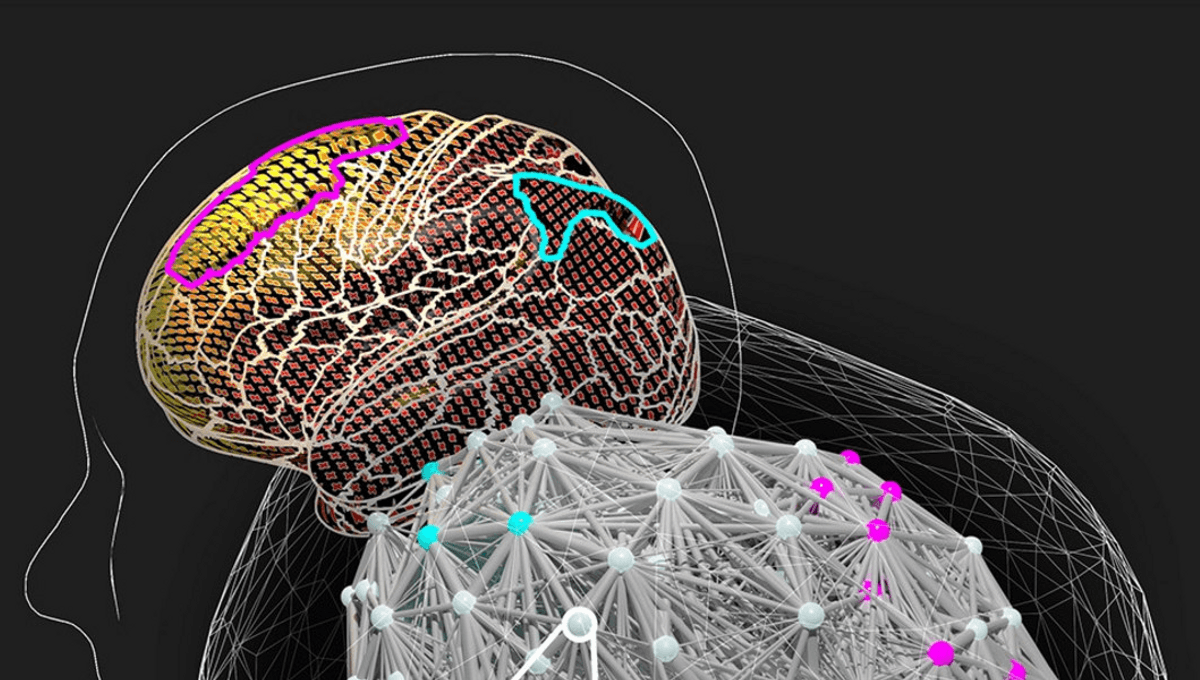
People who score highly on intelligence tests answer simple questions more quickly than their less intelligent counterparts. However, when the problems get more challenging, the situation reverses, at least for a certain type of question. Faced with these, intelligent people take their time but are much more likely to get the answer right. The findings upend some assumptions and might justify changes in test procedures, but have been backed up with brain network models (BNMs) that replicate the connectivity of individuals’ brains.
In the popular imagination, thinking fast is usually associated with intelligence, and many studies support this idea, but they might not have been considering a wide enough range of measures.
Professor Petra Ritter of the Berlin Institute of Health in der Charité is seeking to make simulations that mimic the characteristics of individual human brains. To make these BNMs accurate, Ritter and colleagues drew on data from 1,176 participants in the Human Connectome Project, which uses fMRIs to observe the way brain connections engage when challenged and at rest. In Nature Communications, they announce a mix of expected and quite surprising findings.
The tests involved showing participants a series of patterns and asking them to identify the rules behind them, starting with an easy task and getting progressively harder. The IQs of all the participants were measured using conventional tests and Ritter explored the relationship between activation patterns, measured IQ, and test performance.
“It’s the right excitation-inhibition balance of neurons that influences decision-making and more or less enables a person to solve problems,” Ritter said in a statement.
The more intelligent participants, who were also generally those with greater brain synchronization, were able to see the solution to the easy problems quickly. However, as the complexity increased their big advantage was to have the patience to wait until all areas of the brain had done the processing required, rather than leaping in when only some of it was solved.
In the face of harder questions, synchronization correlated with slower responses. Where less synchronized brains jumped to conclusions, the neural circuits of the frontal lobe of more synchronized brains held back from reaching decisions until the whole brain had time to do the necessary processing. The results were confirmed with a subset of 650 participants with whom more detailed observations were available.
“In more challenging tasks, you have to store previous progress in working memory while you explore other solution paths and then integrate these into each other,” said lead author Professor Michael Schirner. “This gathering of evidence for a particular solution may sometimes take longer, but it also leads to better results.”
Ritter was able to achieve her goal of replicating these features of human brains in silicon, creating individual BNMs whose connectivity resembled those of each participant. “We found out in the process that these in silico brains behave differently from one another – and in the same way as their biological counterparts,” Ritter said.
Ritter hopes that developing artificial brains that simulate individual real ones will help identify targets for interventions on a case-by-case basis for sufferers of neurodegenerative diseases.
Meanwhile, it might be worth reviewing the way exams are conducted. If what Schirner and Ritter found applies to other sorts of challenges, tight time limits might be good for tests involving lots of relatively simple questions. Where students need to answer small numbers of more involved problems, however, restricting by time may be a very bad way to find the most promising candidates.
Time being a limited resource, however, it’s not surprising everyone from intelligence researchers to those setting entrance exams for universities prefer to keep things short.
The study is published in Nature Communications.
Source Link: Highly Intelligent People Are Slower To Answer Complex Problems